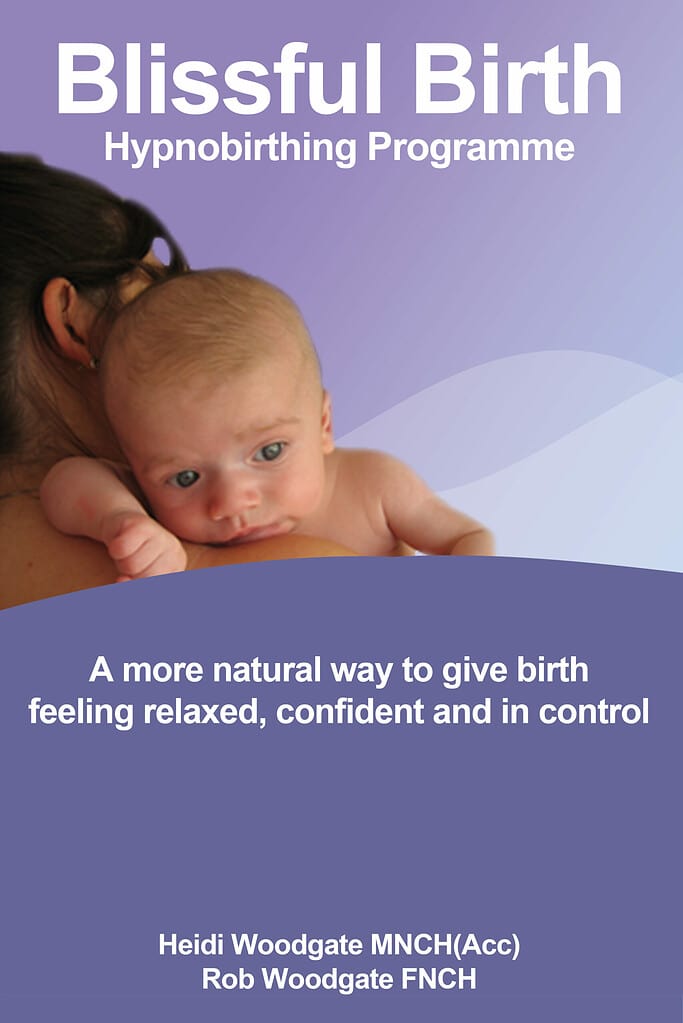Cinnamon is a popular spice that has been used for centuries in cooking and traditional medicine.
However, there are concerns that having cinnamon during pregnancy can cause a miscarriage. Yet, with so much conflicting information available online, it can be challenging to know what to believe.

In this article, we will explore the scientific evidence surrounding the use of cinnamon during pregnancy and answer the question: can cinnamon cause a miscarriage.
We will aim to provide a clear and concise analysis of the available information to help you make informed decisions about your health and the health of your unborn child.
Let’s get started!
Table of Contents
What Is Cinnamon?
Cinnamon is a popular spice derived from the bark of the Cinnamomum tree.
It has been used for centuries in cooking and traditional medicine and there are two main types: Ceylon cinnamon (also known as “true cinnamon”) and Cassia cinnamon.
- Ceylon cinnamon is considered to be the safer and healthier option, as it contains lower levels of coumarin, a natural compound that can be harmful in high doses.
- Cassia cinnamon, on the other hand, contains higher levels of coumarin and may pose a risk if consumed in large amounts.
As for their use, both types of cinnamon are typically used as spices in cooking and baking in the form of cinnamon oil, cinnamon powder, cinnamon stick, or even cinnamon tea.
However, Cassia cinnamon is more commonly used in the food industry due to its stronger flavor and lower cost, whereas Ceylon cinnamon is more commonly used in traditional medicine and as a dietary supplement.
Is Cinnamon Safe During Pregnancy?
So, can cinammon cause a miscarriage? Expectant mothers are often concerned about the safety of consuming certain foods or spices during pregnancy, and cinnamon is no exception.
While some studies have suggested that consuming high amounts of cinnamon during pregnancy may increase the risk of miscarriage, others have found no such link.
Here, we explore the current scientific evidence surrounding the safety of cinnamon consumption during pregnancy.
Recommended Dosage And Precautions

Given the potential risks associated with consuming high amounts of cinnamon during pregnancy, it is generally recommended that expectant mothers consume cinnamon in moderation.
The American College of Obstetricians and Gynecologists recommends that pregnant women limit their daily cinnamon intake to no more than one teaspoon per day.
It is also important to be cautious when consuming cinnamon supplements or extracts, as these may contain higher levels of coumarin than natural cinnamon sticks or powder.
The Science Behind Cinnamon And Miscarriage
There is some concern that consuming high amounts of cinnamon during pregnancy may increase the risk of miscarriage.
This concern stems from the fact that cinnamon contains coumarin, which has been shown to have toxic effects on the liver and increase the risk of bleeding in high doses.
However, the scientific evidence regarding the link between cinnamon and miscarriage is mixed.
Some studies have suggested that consuming high amounts of cinnamon during pregnancy may increase the risk of miscarriage, while others have found no such link.
One study published in the journal “BMC Complementary and Alternative Medicine” found that consuming high doses of cinnamon during early pregnancy was associated with an increased risk of miscarriage.
However, this study had some limitations, including a small sample size and self-reported cinnamon intake.
As a result, there hasn’t been a clear association between cinnamon consumption and the risk of miscarriage.
Yet, it is important to note that the studies on whether cinnamon can cause a miscarriage are limited and conflicting and that more research is definitely needed to determine whether or not consuming too much cinnamon during pregnancy increases the risk of miscarriage.
Potential Health Benefits Of Cinnamon During Pregnancy

Cinnamon has been used for centuries in traditional medicine to treat various health conditions, and it may also offer some potential health benefits for expectant mothers.
Here are some of the ways in which cinnamon could be beneficial during pregnancy:
Control Blood Sugar Levels
During pregnancy, hormonal changes can affect insulin sensitivity and lead to gestational diabetes.
Cinnamon has been shown to help regulate blood sugar levels and thus high blood pressure and improve insulin sensitivity, which could potentially reduce the risk of gestational diabetes.
Anti-inflammatory Properties
Cinnamon has anti-inflammatory properties and may help reduce inflammation in the body. This could potentially benefit expectant mothers who experience inflammation-related conditions such as preeclampsia or gestational hypertension.
Antimicrobial Effects
Cinnamon has antimicrobial effects and may help fight against infections, something that could be particularly beneficial for expectant mothers who are more susceptible to infections during pregnancy.
Safer Ways To Consume Cinnamon During Pregnancy
While there is conflicting evidence regarding the safety of consuming high amounts of cinnamon during pregnancy, there are safer ways for expectant mothers to enjoy the potential benefits of this spice:
Use Cinnamon In Moderation
As mentioned earlier, it is generally recommended that pregnant women consume no more than one teaspoon of cinnamon per day. This amount is considered safe and unlikely to cause any harm to the developing fetus.
Choose High-Quality Cinnamon
When using cinnamon in cooking or baking, it is important to choose high-quality cinnamon sticks or powder.
Be cautious when using cinnamon supplements, oils or extracts, as these may contain higher levels of coumarin than natural cinnamon.
Consult Your Doctor
As with any dietary changes during pregnancy, it is always best to consult with your healthcare provider before adding cinnamon to your diet.
Your doctor can advise you on safe consumption levels and potential risks based on your individual health history.
The Bottom Line
While the studies around the question “can cinnamon cause a miscarriage?” are limited and conflicting, it is generally recommended that any pregnant woman who is also cinnamon lovers should avoid eating cinnamon in large quantities and follow the recommended dosage guidelines.
Certainly, even though cinnamon may offer some potential health benefits, it is important to consult with a healthcare provider before consuming cinnamon tea, cinnamon pills or supplements during pregnancy!
This is in line with medical advice on other beneficial herbs and spices, some of which may still need to be taken in moderation postpartum if breastfeeding (eg, see: Can I Take Ashwagandha While Breastfeeding)




